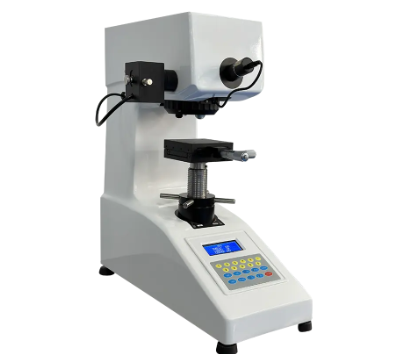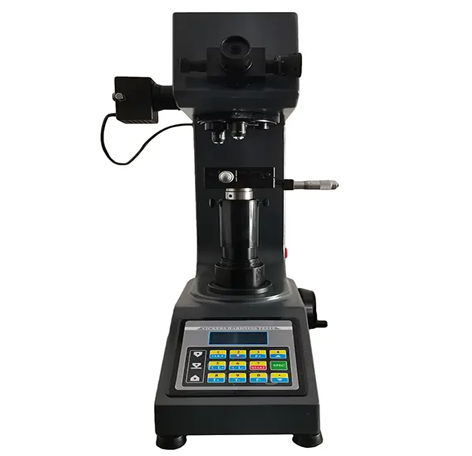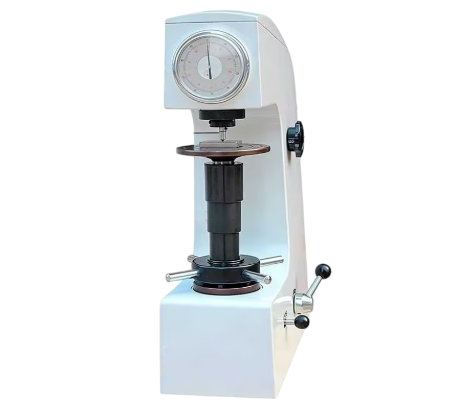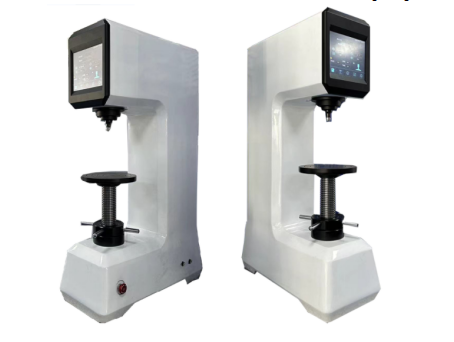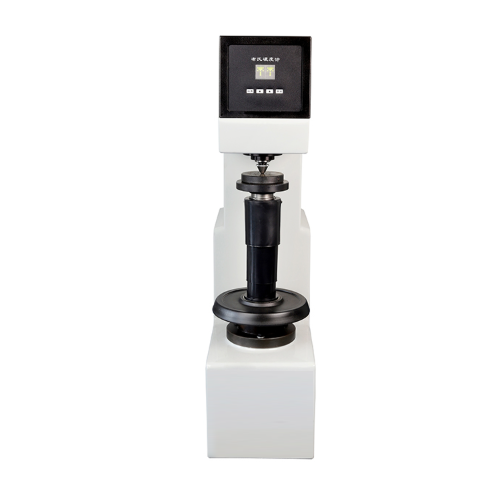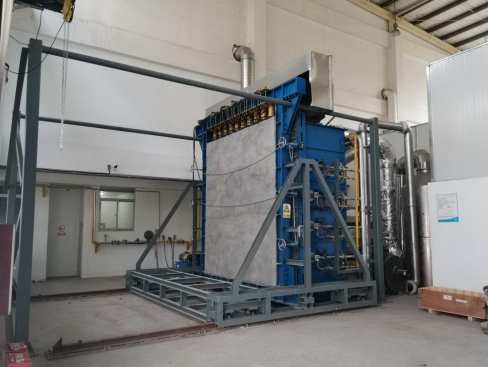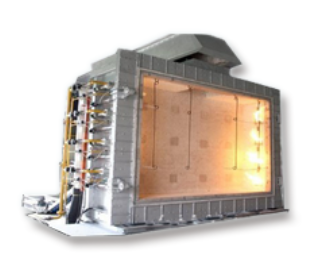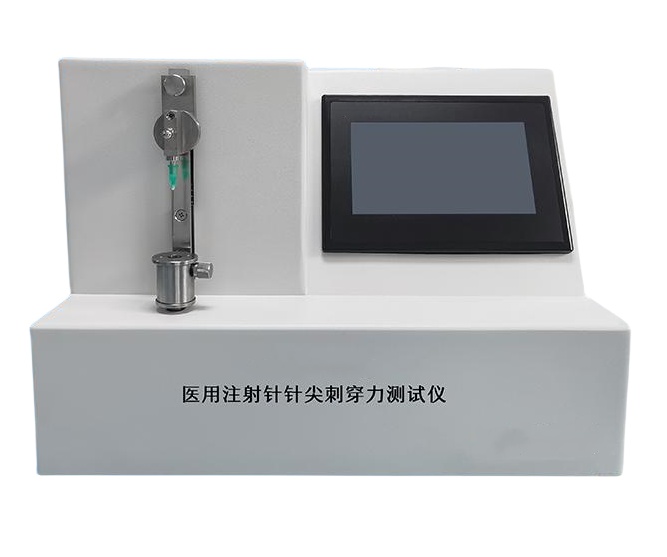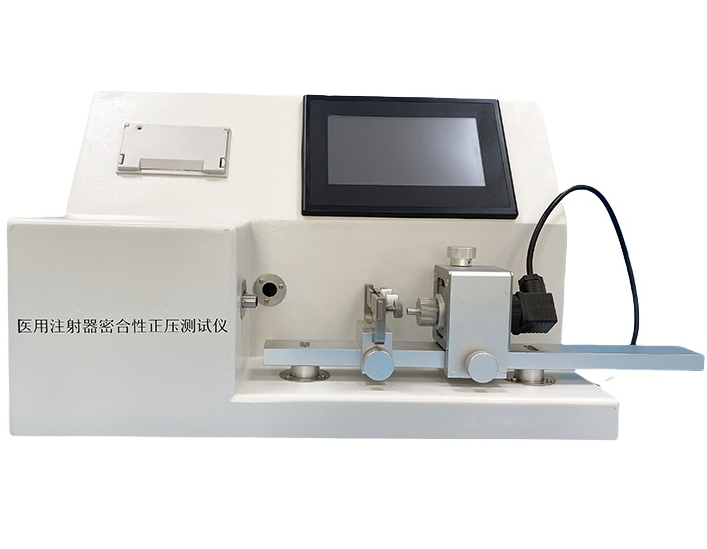Plain bearing PV friction testing machine
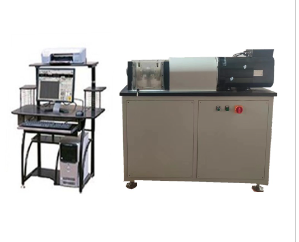
Main uses:
Plain bearing PV friction testing machine is mainly used to evaluate the friction and wear properties of engineering plastics, powder metallurgy, alloy bearings and other materials under sliding friction conditions. By simulating different friction conditions, such as load, speed, time, friction material, surface roughness, hardness and other parameters of the change, the testing machine can determine the PV value of the material (the product of pressure and speed, used to represent the bearing capacity of the plain bearing), as well as a reasonable fit clearance, lubrication media, etc. This is of great significance for the research and development of materials, optimal design, quality control and the development of new materials.
Specifically, the main uses of plain bearing PV friction testing machines include
Material performance evaluation: By simulating the friction conditions under actual working conditions, the wear resistance, friction coefficient and other key properties of the material are quantitatively evaluated, which provides a basis for material selection and design.
Lubricant performance evaluation: In the process of sliding friction, the use of lubricants has an important impact on the friction and wear properties of materials. The test machine can be used to evaluate the lubricity of different lubricants under specific friction conditions
Can provide reference for the selection and use of lubricants.
Process parameter optimization: By changing the test parameters, such as load, speed, time, etc., the influence of different process parameters on the friction and wear properties of materials can be explored to provide experimental data support for the optimization of process parameters.
Applicable standards:
When the plain bearing PV friction testing machine is tested, it is usually necessary to follow certain standards and specifications. Here are some common applicable standards
GB/T7948-1987: This standard specifies the specific requirements and test process of the limit PV test method for plastic bearings, which is suitable for evaluating the friction and wear performance of plastic bearings under specific conditions.
ASTM and other relevant standards; International standards organizations such as the American Society for Materials and Testing (ASTM) may also have developed standards related to the PV friction test of plain bearings. These standards may involve specific requirements in terms of test methods, test conditions, data processing, etc., to ensure the accuracy and comparability of test results.
It is important to note that different standards and specifications may have different requirements for different types of materials and test environments. Therefore, when carrying out the PV friction test of plain bearings, it should be ensured that the selected standard is consistent with the test purpose and requirements, and the test methods and steps specified in the standard are strictly operated. At the same time, it is also necessary to pay attention to the calibration and maintenance of the testing machine to ensure the accuracy and reliability of the test results.

Leave Message Get Price



